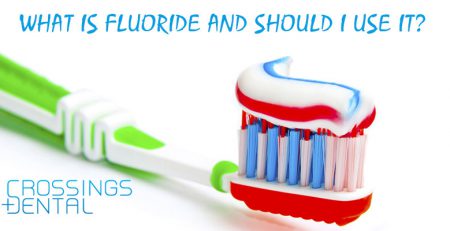Work With Your Dental Hygienist
To DIY or Not to DIY: Should You Clean Your Own Teeth?
With so many products on the market that claim to help people clean their own teeth like a dental hygienist, it can be tempting to try and save time and money by taking teeth cleaning into your own hands. But should you do it? Before you decide, let’s take a look at some of the risks of attempting to perform your own teeth cleanings with products like ultrasonic plaque removers and metal toothpicks, as well as some healthy oral cleaning habits you can perform at home.
Risks of Using Plaque Removers and Metal Toothpicks
Using these types of products for home teeth cleaning comes with an array of risks. For starters, plaque removers use high frequency vibrations that can cause damage to delicate soft tissues in the mouth if used improperly. Additionally, metal toothpicks can irritate and injure gums if they are not used correctly. Plus, because these products are not regulated by the FDA, so your ultrasonic plaque remover may vibrate at very high levels causing instant damage or very low levels and produce no results, there is simply no guarantee that they will actually work properly or provide any health benefits whatsoever. There’s a reason why Crossings Dental invests in the highest quality tools for our dental hygienists.
Healthy At-Home Oral Cleaning Habits
Although there are risks associated with using products like plaque removers and metal toothpicks for at-home teeth cleanings, there are still plenty of healthy oral cleaning habits that you can—and should—perform on your own at home. Brushing twice daily for two minutes each time with ADA-approved fluoride toothpaste is essential for keeping your teeth healthy. Flossing once a day is also recommended in order to remove food particles from between your teeth that brushing cannot reach. Often flossing at night is beneficial as it removes material from between your teeth and allows your saliva to move between these teeth and keep them clean – Yes saliva actually coats teeth and can eliminate harmful bacteria so you want it to be able to move around while you sleep! Additionally, drinking plenty of water every day helps wash away tiny food particles left behind after eating and keeps saliva flow up which helps keep bacteria levels down in the mouth. Finally, regular visits to the dentist will help ensure that any problems or cavities are caught early on before they become more serious.
Working together with your dentist and dental hygienist is often the best way to ensure long term oral health without risking any side effects from improper use of tools like unregulated ultrasonic plaque removers or metal toothpicks sold on Amazon. Although it may be tempting to try and save time and money by taking matters into your own hands when it comes to teeth cleaning, it’s important to know the risks involved in doing so before making a decision about how to proceed with maintaining good oral hygiene habits. So remember: when it comes to DIY dentistry—it’s always better safe than sorry!

